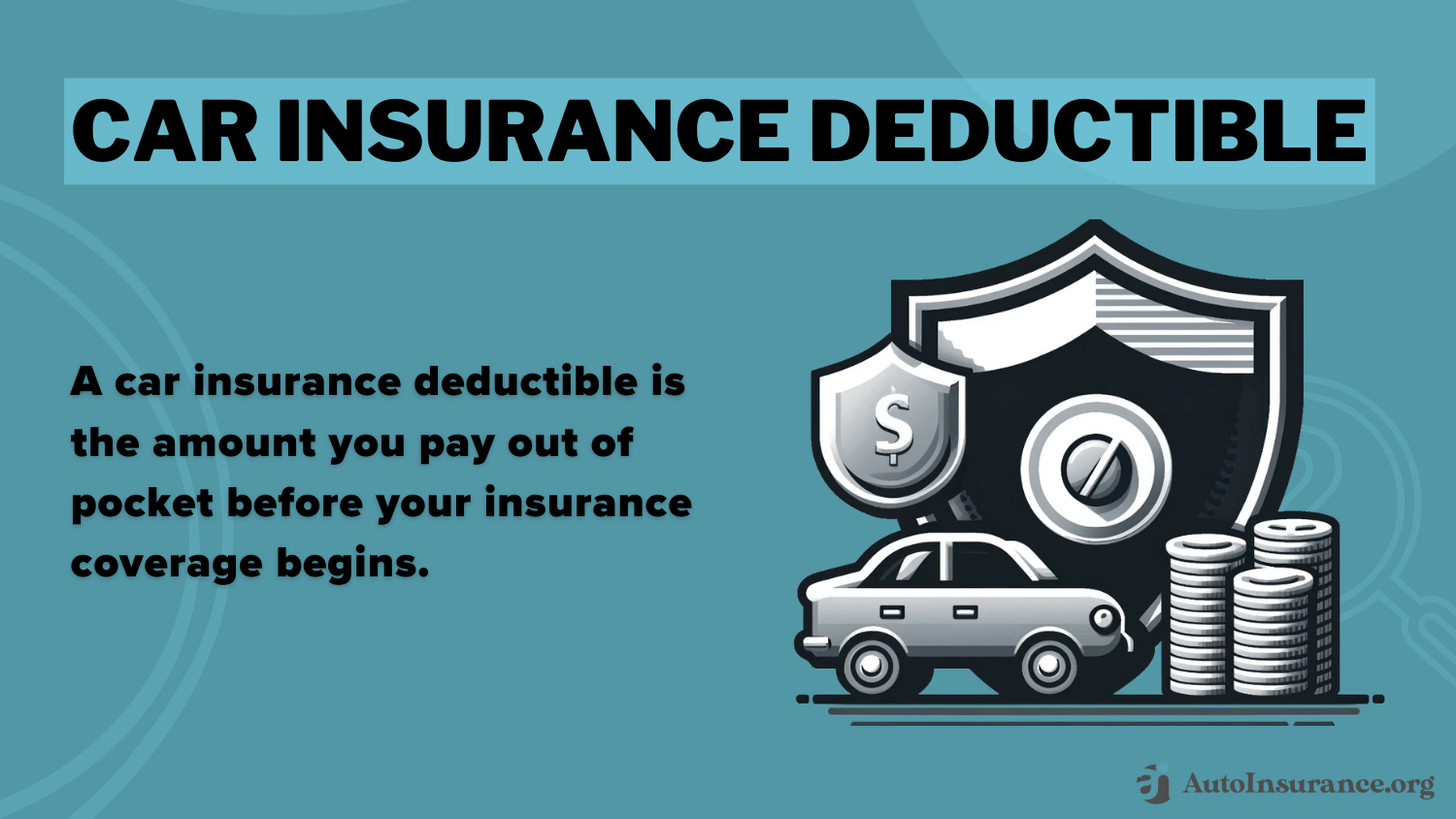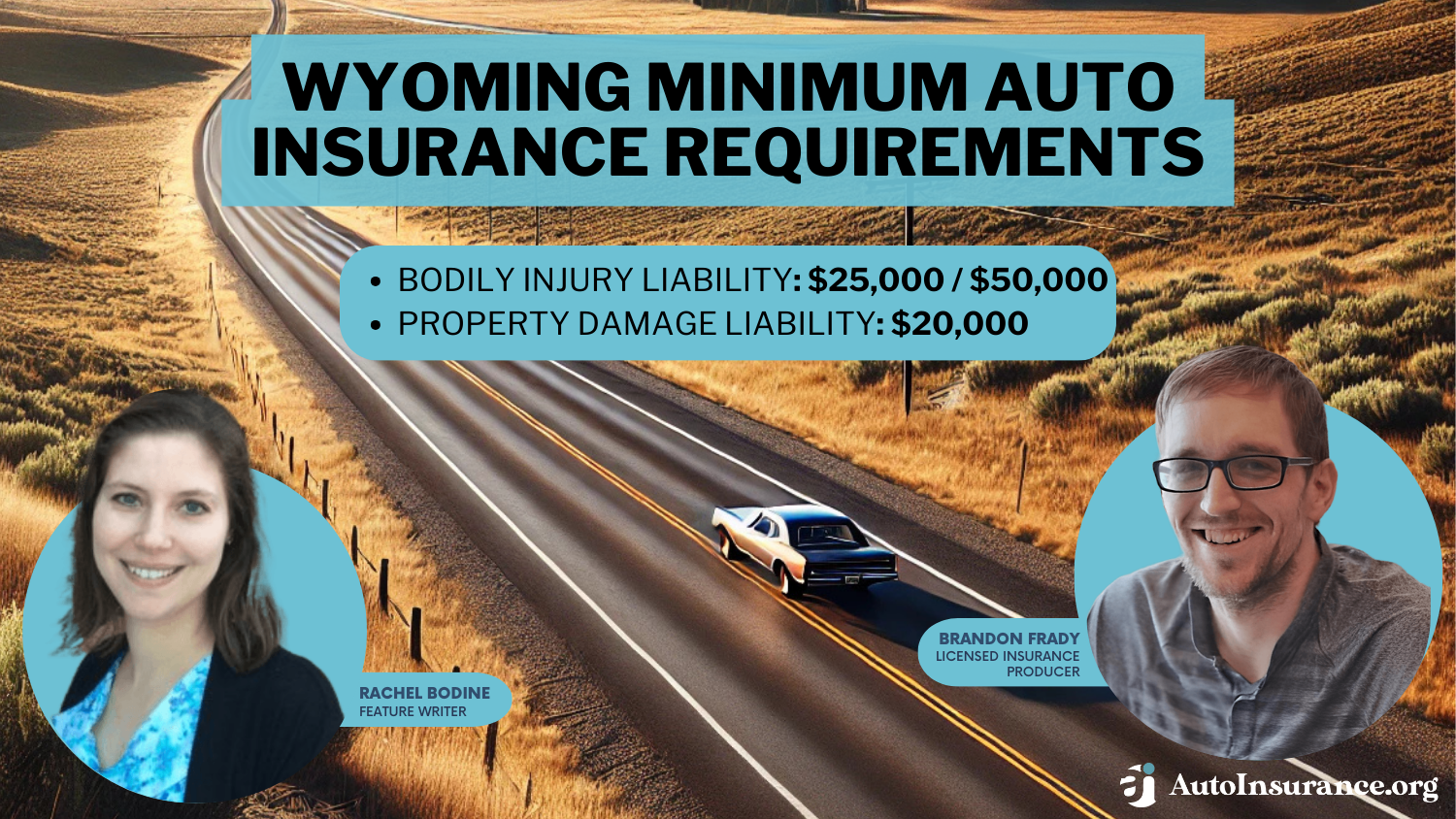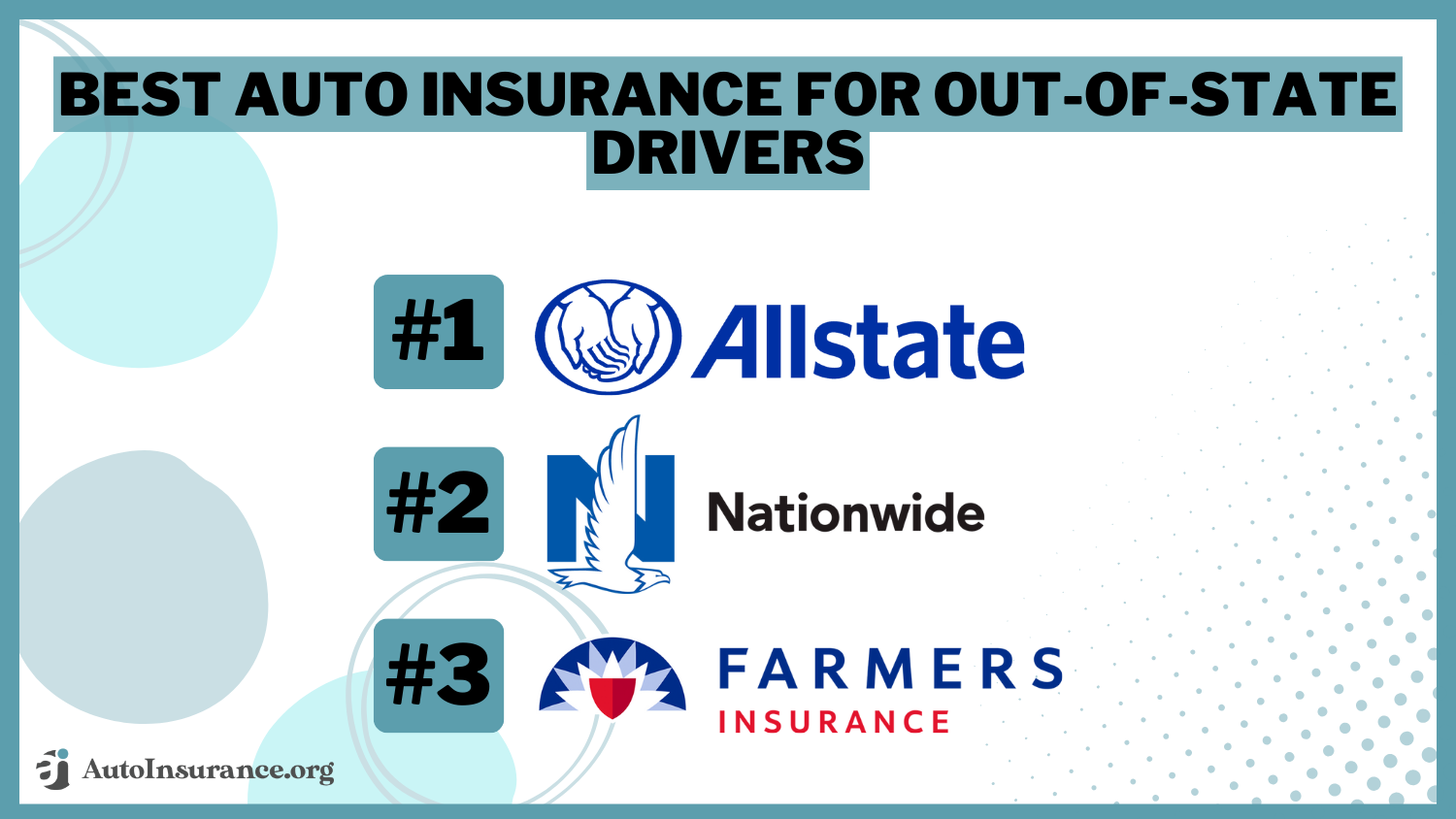Why does auto insurance vary from state to state?
Many factors go into a state's auto insurance rates, from laws to population density. Rates for liability coverage range from $298 in North Dakota to $869 in New Jersey.
Secured with SHA-256 Encryption




Table of Contents
Table of Contents


Insurance and Finance Writer
Maria Hanson grew up with a unique passion and understanding of both the automotive and insurance industries. With one grandfather in auto mechanics and another working in insurance, you could say automotive insurance is in her blood. Her love of research and finance serves her well in studying insurance trends and liability. Maria has expanded her scope of expertise to home, health, and life...
Maria Hanson


Licensed Insurance Agent
Justin Wright has been a licensed insurance broker for over 9 years. After graduating from Southeastern Seminary with a Masters in Philosophy, Justin started his career as a professor, teaching Philosophy and Ethics. Later, Justin obtained both his Property & Casualty license and his Life and Health license and began working for State Farm and Allstate. In 2020, Justin began working as an i...
Justin Wright
Updated January 2025
If you have ever moved from one state to another, you may have noticed that auto insurance rates, premiums, and minimums vary from state to state. You may have noticed this when trying to buy car insurance in a new state.

Each state determines its own rules and regulations regarding auto insurance, and it is your responsibility to know the differences when you move to a different state.
Forty-nine of the states have compulsory auto insurance laws on their books. New Hampshire remains the only state without this requirement, though there is a requirement to show that you have sufficient funds to meet specified financial requirements.
Use our FREE online tool above to start comparing quotes now!
State Auto Insurance Differences
There are three main reasons for the differences:
- Minimum auto insurance requirements – Most states have minimum liability requirements, and this help determine the rates in each state
- Cost of living – States with higher costs of living may also have higher insurance rates
- Population density – The probability of accidents occurring is greater in areas with higher population densities. More people and more accidents, the higher the rates
Because requirements and rates vary from state to state, you may find vastly different rates for the same insurance company. Auto insurance companies may have the lowest rate in one state, but may not be the lowest in another.
Because of these variations, it is essential that you shop around when you move to a new state. Don’t assume your company has the lowest rate in your new location. Always comparison shop when you move.
Free Insurance Comparison
Compare Quotes From Top Companies and Save
Secured with SHA-256 Encryption
Auto Insurance Overview
The insurance industry is regulated and monitored by a department of insurance in each state.
The main responsibility of these state government agencies is to make certain insurance carriers in their state are following ethical business practices by doing the following:
- Licensing insurance carriers
- Checking on the financial stability of each carrier licensed in the state
- Licensing individual agents and brokers
- Ensuring that all carriers, brokers, and agents are in compliance with state laws
- Providing help for consumers
- Providing education to residents and advocating for reforms that protect consumers
Any time you move to another state, it is important to let your insurance carrier know as soon as possible. This notification should ideally be done prior to the move for five main reasons:
- To determine if your insurer does business in your new state
- To see if minimum liability requirements are different
- To find out what the new rates will be with your existing insurance carrier
- To have time to comparison shop for auto insurance in your new state
Finding Auto Insurance in a New State
Here are some steps to follow as a part of the moving process:
- Tell your insurer – Inform your insurance carrier or agent of your impending move. Not doing so may have you facing penalties and loss of insurance.
- Inform your state – Go to the state’s department of insurance website and research the minimum liability laws and other state requirements.
- Comparison shop for new coverage – You can do this by phone, in person, or online. Online auto insurance comparison shopping is convenient and easy. If your existing company’s rates are acceptable, the carrier will handle the change in policy. Learn more here: where can I buy online auto insurance?
- Cancel your old policy – If you don’t cancel your current insurance, you may be paying double premiums for a time. Don’t set your cancellation date before the start date of your new auto insurance policy; you don’t want to be without insurance coverage.
Types of Auto Insurance Coverage
Another important variation between the state’s insurance laws is that some states are considered no-fault and others are tort. In a no-fault state, the driver of a vehicle is responsible for injuries to passengers in his vehicle regardless of fault.
All states that are no-fault states require vehicle owners to have personal injury coverage. In tort states, drivers who have been determined to be at fault, or their insurance carriers, are responsible for the cost of the injuries.
Twelve states have no-fault auto insurance, including New York and Florida. In three states, Kentucky, Pennsylvania, and New Jersey, vehicle owners are allowed to select either a tort or a no-fault policy.
Some states have requirements that vehicle owners carry uninsured motorist coverage. This protects you if you sustain injuries in an accident caused by an uninsured driver. Uninsured motorist requirements protect drivers, and their insurance carriers, from the negligence of others.
Every state, except New Hampshire, requires motorists to carry a minimum amount of liability insurance coverage.
The minimum amounts for bodily injury range from $10,000 to $50,000 per person, and $20,000 to $50,000 for all injuries. The minimum amount of coverage required for property damage ranges from $5,000 to $25,000.
The majority of states will not register your car without being shown proof that you carry auto insurance coverage. Other states, such as Illinois, though requiring that you have insurance, do not need to see proof when registering your vehicle.
Free Insurance Comparison
Compare Quotes From Top Companies and Save
Secured with SHA-256 Encryption
Different Auto Insurance Requirements of States
New Hampshire’s motto is “live free or die”, and it lives up to the “live fee” part by being the only state in the nation that does not have a law requiring motorists to carry a specified amount of liability coverage.
New Hampshire is a tort state; all expenses resulting from an accident for which you are deemed at fault will be your responsibility. Because of this, many residents decide to carry auto insurance even though it’s not mandated by law.
However, people who have been convicted of certain crimes, including DUI, may be required to purchase auto insurance. Some car dealers in the state also require people who finance or lease vehicles to carry insurance.
Each state also has different insurance rates due to minimum policy requirements, cost of living differences, population density variations, and weather.
Don’t assume your existing carrier has the best rate in each location as their rates vary from state to state. Every time you move, it is essential to spend some time shopping around for the best auto insurance coverage and rate.
Use our FREE online tool below to start comparing auto insurance rates in your state!

Frequently Asked Questions
Why does auto insurance vary from state to state?
Auto insurance varies from state to state due to several factors such as state laws, population density, and regional risk factors. Each state has its own regulations and requirements for insurance coverage, which impact the rates and coverage options available to drivers.
How much does auto insurance cost in different states?
The cost of auto insurance varies significantly from state to state. For example, liability coverage rates can range from $298 in North Dakota to $869 in New Jersey. The specific factors that influence these rates include state regulations, accident rates, vehicle theft rates, and local repair and medical costs.
Why should I shop around for auto insurance when moving to a new state?
It’s important to shop around for auto insurance when moving to a new state because rates and coverage options can vary significantly. Your current insurance provider may not offer the most competitive rates in your new location. By comparing quotes from different insurance companies, you can ensure that you’re getting the best coverage at the most affordable price.
How do I find auto insurance in a new state?
When moving to a new state, here are some steps to find auto insurance:
- Notify your current insurance carrier about the move.
- Research the insurance requirements of the new state.
- Obtain quotes from multiple insurance providers.
- Compare coverage options and rates.
- Choose the policy that best meets your needs and budget.
What are the different types of auto insurance coverage?
Auto insurance coverage varies from state to state, but common types of coverage include:
- Liability coverage: This covers bodily injury and property damage caused by you in an accident.
- Personal injury protection (PIP) or no-fault coverage: Available in no-fault states, it covers medical expenses and other costs regardless of fault.
- Uninsured/underinsured motorist coverage: Protects you if you’re in an accident with an uninsured or underinsured driver.
- Comprehensive coverage: Covers damage to your vehicle caused by non-collision events like theft, vandalism, or natural disasters.
- Collision coverage: Covers damage to your vehicle in a collision with another vehicle or object.
Get a FREE Quote in Minutes
Insurance rates change constantly — we help you stay ahead by making it easy to compare top options and save.






